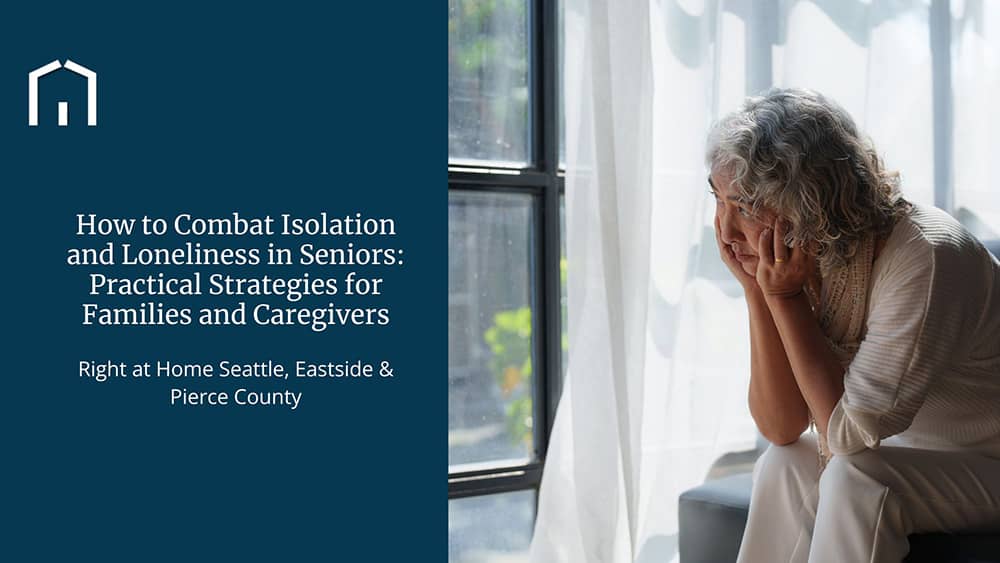

Palliative Care Tips and Considerations
Key Considerations When Approaching Palliative Care
Understand the Goal: Palliative care is not about curing the illness but enhancing comfort, alleviating pain, and improving quality of life. It can begin at any stage of a serious illness and often runs alongside curative treatments.
Recognize the Right Time: Palliative care is not only for end-of-life situations. It can be beneficial early in an illness to help manage symptoms, coordinate care, and support emotional well-being.
Discuss Values and Preferences: Conversations about care preferences, values, and goals are vital. Knowing what the patient values most—whether it’s spending time with loved ones, maintaining independence, or managing pain—helps shape the care plan.
Build a Multidisciplinary Team: Palliative care often involves a team of specialists, including doctors, nurses, social workers, spiritual advisors, and therapists. This team collaborates to address every aspect of the patient’s well-being.
Plan for Future Decisions: Advance care planning, such as creating a living will or appointing a healthcare proxy, ensures that the patient’s wishes are respected even if they cannot communicate them later.
Tips for Managing the Experience
Prioritize Communication: Open and honest conversations between the patient, family members, and healthcare providers are crucial. Regular check-ins ensure that everyone’s concerns are heard and addressed.
Practice Self-Care: For caregivers, maintaining physical and emotional health is essential. This includes taking breaks, seeking support groups, and accessing respite care when needed.
Utilize Resources: Educational Materials: Learn about illness and available care options.
Community Support: Seek out local support groups or online forums to connect with others facing similar challenges.
Professional Help: Engage with counselors or social workers for guidance on emotional and practical matters.
Focus on Small Comforts: Create a soothing environment with favorite music, calming scents, or cherished keepsakes. These simple acts can bring immense comfort to both the patient and their loved ones.
Embrace Flexibility: Illness trajectories can be unpredictable. Being adaptable and open to revisiting care plans as needs change can ease the process.
Navigating Emotional Challenges
Grief and uncertainty often accompany a palliative care journey. It's important to acknowledge and address these emotions:
Seek Emotional Support: Talk to trusted friends, family, or a therapist.
Practice Mindfulness: Techniques like meditation, journaling, or gentle yoga can help process emotions.
Celebrate the Moments: Focus on small joys and meaningful connections, even amidst challenges.
While palliative care can be a difficult topic to approach, it’s a vital step in ensuring comfort and dignity during a challenging time. By considering values, engaging with a supportive team, and addressing emotional and practical needs, families can create a meaningful and compassionate care experience.







